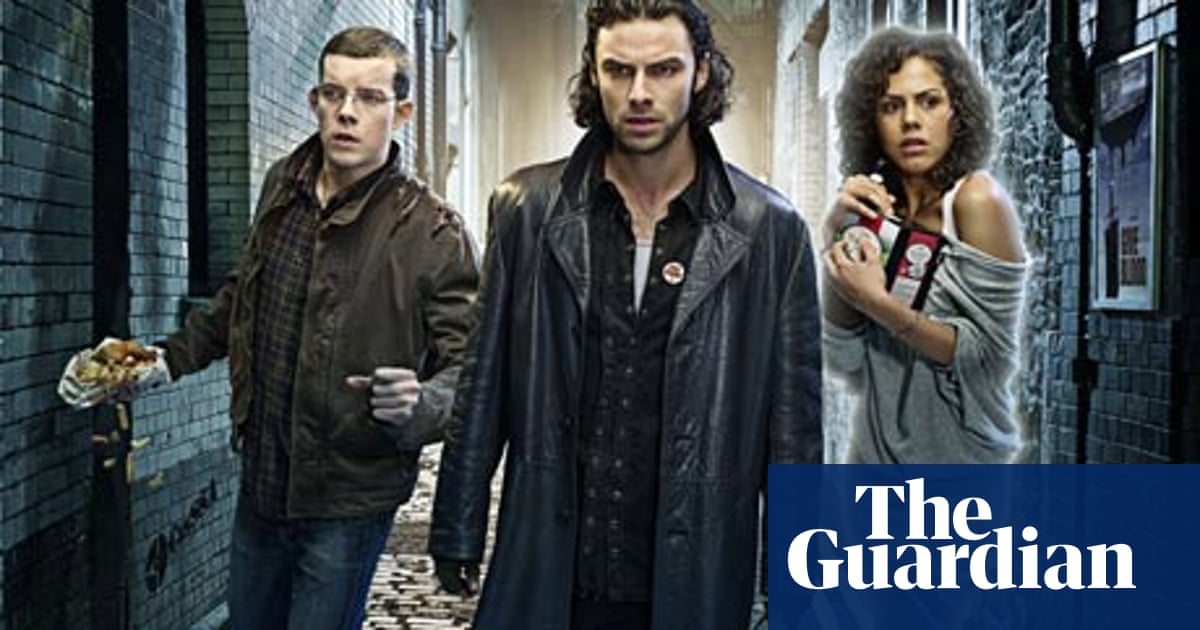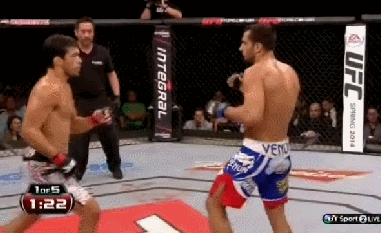It’s COVID still, I’m bored. What do bored people do stuck at home? They stream or watch T.V.
Of course, you run out of things to watch, and so you end up looking for shows and movies you watched years ago, which led to me re-watching BEING HUMAN from the BBC and also giving the American version of the show a chance.
They are still enjoyable, a bit cheesy, but enjoyable. Yet one thing really stuck out: How the characters react to sexual assault.
I won’t spoil it, but some characters get touched or groped, or even nearly raped in both versions of the show, and the narrative and characters view it as a personality flaw more than something very serious. There is often no lasting trauma, and sometimes the person that attempted it isn’t immediately ostracized.
Now these shows are in the early 2010’s long before #MeToo but long after second and third wave feminism was actually a thing. Yet there was not a huge backlash from fans over this back when it aired.
As a writer it makes you really think about how certain acts, whether good or bad, are perceived as time goes on, how our perceptions of things change how we write. Because the writing in those shows treated a lack of consent with less gravity than media today.
What’s the lesson? I guess be more careful when writing, and do research on everything you can. But I honestly wonder if it’s even possible to write something that doesn’t age too poorly.
Now to be fair, BEING HUMAN still was fun to watch. And maybe I am only noticing this because I used to spend lots of time with second, third and fourth wave feminists online. Maybe it isn’t so bad.
But if I am wrong or right, maybe check out BEING HUMAN and see for yourself. At the very least it can be analyzed and help your writing, or you just enjoy watching it.

